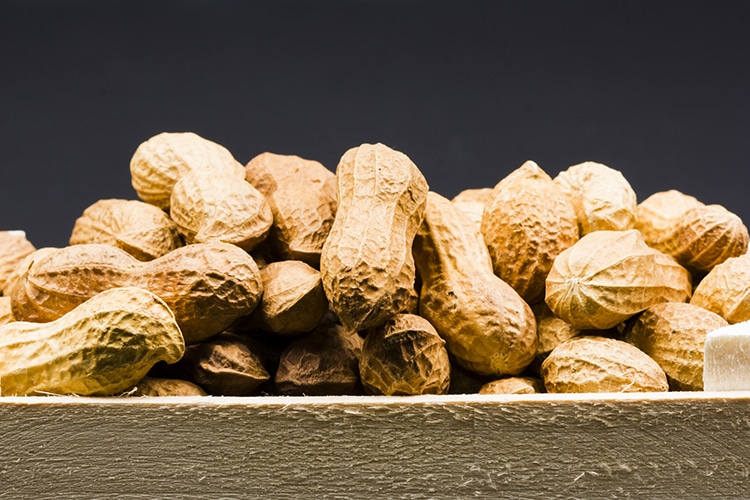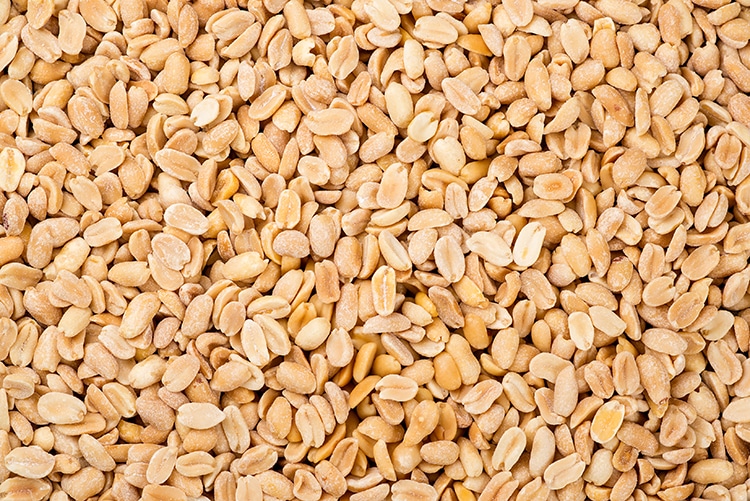
Photo: ILEANA_BT/Depositphotos
Peanut allergies are at the very least inconvenient and at the worst deadly. Over 4.6 million adults in the U.S. are allergic to the legumes. For young children, discovering one's allergy can be a dangerous time. A new study published in ACS Nano might offer a potential cure for peanut allergies by using mRNA lipid nanoparticles to “train” the body out of an allergy.
Researchers at the University of California, Los Angeles (UCLA) were inspired by the use of mRNA in the creation of the COVID vaccine. “As far as we can find, mRNA has never been used for an allergic disease,” paper co-author Dr. André Nel said to New Atlas. “We’ve shown that our platform can work to calm peanut allergies, and we believe it may be able to do the same for other allergens, in food and drugs, as well as autoimmune conditions.” Trials have already shown the procedure to reduce allergic reactions to peanuts in mice.
What is the mechanism behind this exciting advance? According to MD/PhD scholar Anna Nowak-Wegrzyn, “Food allergy is defined as an immune system-mediated adverse reaction to food proteins.” In the case of peanut allergies, a protein in the peanuts causes a person's body to react with an immune response to this foreign substance which it identifies as harmful. To prevent this, the team codes the mRNA with an epitope, which the dictionary defines as “the part of an antigen molecule to which an antibody attaches itself.” This can be made peanut specific but in future could be tailored to a different allergy. This mRNA is placed in a lipid nanoparticle, which is sent to the liver. There it influences antigen-presenting cells to tolerate the peanut proteins.
“If you’re lucky enough to choose the correct epitope, there’s an immune mechanism that puts a damper on reactions to all of the other fragments,” says Nel. “That way, you could take care of a whole ensemble of epitopes that play a role in disease.” While you cannot yet cure your peanut allergy, some relief may emerge in the next few years. After the success of the mice trials, the researchers hope their procedure will be tested in human clinical trials within three years. The technique may also in future be used to alleviate other allergies, or even Type 1 diabetes.
An mRNA nanoparticle treatment might offer a new technique for mitigating harmful peanut allergies and their reactions.

Photo: VOLUROL/Depositphotos
h/t: [New Atlas]
Related Articles:
Researchers Discover How to Transform Blood Types to Allow for More Transfusions
Allergic to Cats? There Is a New Vaccine That May Solve the Problem
Study Finds Millions of mRNA Vaccines Produced No Immediate Severe Side Effects






















































































